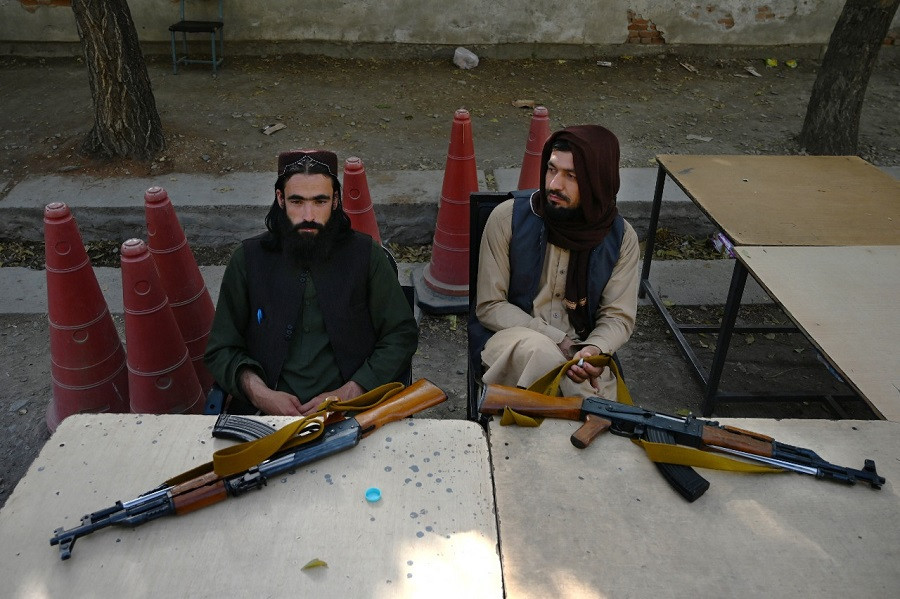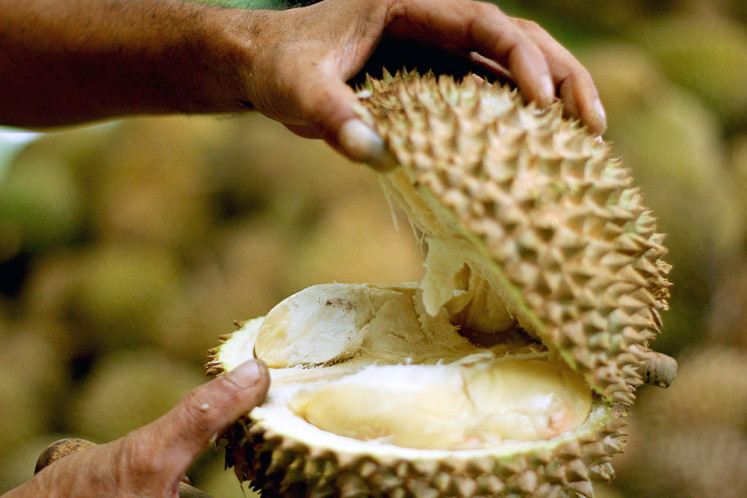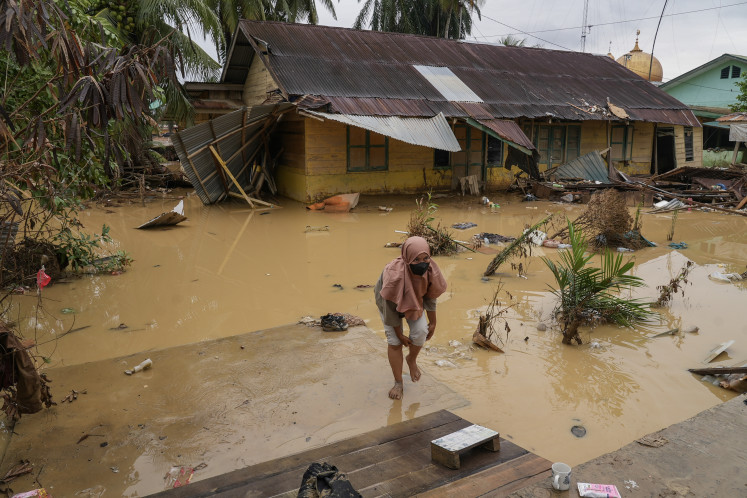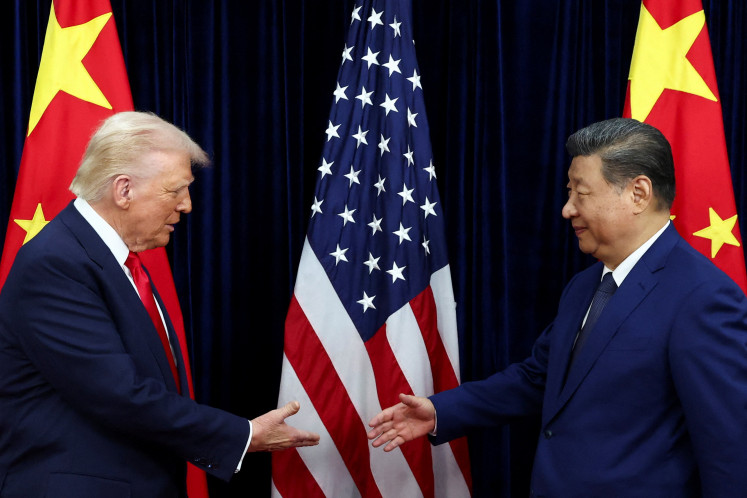Popular Reads
Top Results
Can't find what you're looking for?
View all search resultsPopular Reads
Top Results
Can't find what you're looking for?
View all search resultsTaliban 2.0: Moderate or still hard-line?
While some humanitarian aid might arrive to prevent hunger, running the government requires steady financial support from friendly neighbors.
Change text size
Gift Premium Articles
to Anyone
T
he Taliban has regained control of Afghanistan 20 years after they were removed from power in a United States-led military invasion. The Taliban have inherited a vibrant Afghanistan that seems to pose difficulties for them to run, because they don't have the experience or knowledge in running a strong Afghanistan.
The unilateral US withdrawal from Afghanistan, without concluding any agreement or peace talks with the Afghan government, resulted in the Taliban’s complete takeover of the country. This offered the Taliban an opportunity to run the country as they wished, or most likely rule Afghanistan again under the government they had set up during their first regime in the 1990s.
However, the Taliban now have a different generation to deal with and govern. It is not the same generation of Afghans that the Taliban ruled 20 years ago. So it is a very challenging situation for the Taliban to be the governing body and to address the needs of the public.
Fighting and destroying is very easy, but rebuilding Afghanistan is an uphill challenge. If you don't have experience in running a government, you are doomed to fail.
The immediate need for the Taliban regime is to raise funds to finance the government. While some humanitarian aid might arrive to prevent hunger, running the government requires steady financial support from friendly neighbors, most notably Russia and China.
The only leverage the Taliban have with China is the promise that they will not let Uighur militants enter China. This is mere promise, not action. So far, we have not seen these words turn into action, or there simply hasn't been time to test the Taliban's theoretical capacity in preventing other militants from attacking other countries.
Russia is trying to be very close to the Taliban and work with them to avoid any spillover of the potential terrorist threat from Afghanistan into Central Asia, and eventually into Russia. The second reason is that they share a common enemy, the US.
A third reason is the drugs that enter Russia. The Russians believe that if the Taliban are in power, they can control the flow of drugs into Russia. In this context, the only leverage the Taliban have with Russia is their promise to control the drug trade.
Terrorism and controlling some of the legitimate economic sources are just two reasons for the Taliban returning to power. But the real reason was the support, safe havens, military backing, military advice and medical assistance given to the Taliban forces over the last 20 years from Pakistan.
It is a well-known fact that Pakistan has played a crucial role in the Taliban’s resurgence. For the last two decades, Pakistan has hosted Taliban leaders and fighters and provided them with complete support to sustain an insurgency in Afghanistan. This has made them very dependent on Pakistan. It will be a challenge for the Taliban to relinquish that dependency or to establish a more independent relationship.
The Taliban is presenting a more rational face that experts believe could lead to an ideological blowback with the extremist elements going their way, as always happens in jihadist groups. One of the main concerns, not only with jihadist groups but also with any revolutionary group, is that when they gain power by force, they tend not to have flexibility regarding the values and beliefs their fighters fought for. And if the leadership shows openness, they can face strong resistance from their fighters and lose their hard-won gains.
During a discussion last month about inclusiveness in government, Khalil Haqqani, a prominent leader of the Haqqani Network, punched Mullah Baradar, the current deputy prime minister of the so-called Islamic Emirate of Afghanistan. The media reported that their bodyguards opened fire on each other, killing and wounding several.
From this incident, one can perceive the level of intolerance among many hard-liners who are unwilling to give up their stance.
***
The writer is director of the Center for Afghanistan Studies, University of Nebraska at Omaha; currently contributing to a book on water resources in Afghanistan and Afghanistan-Pakistan transborder water issues.










